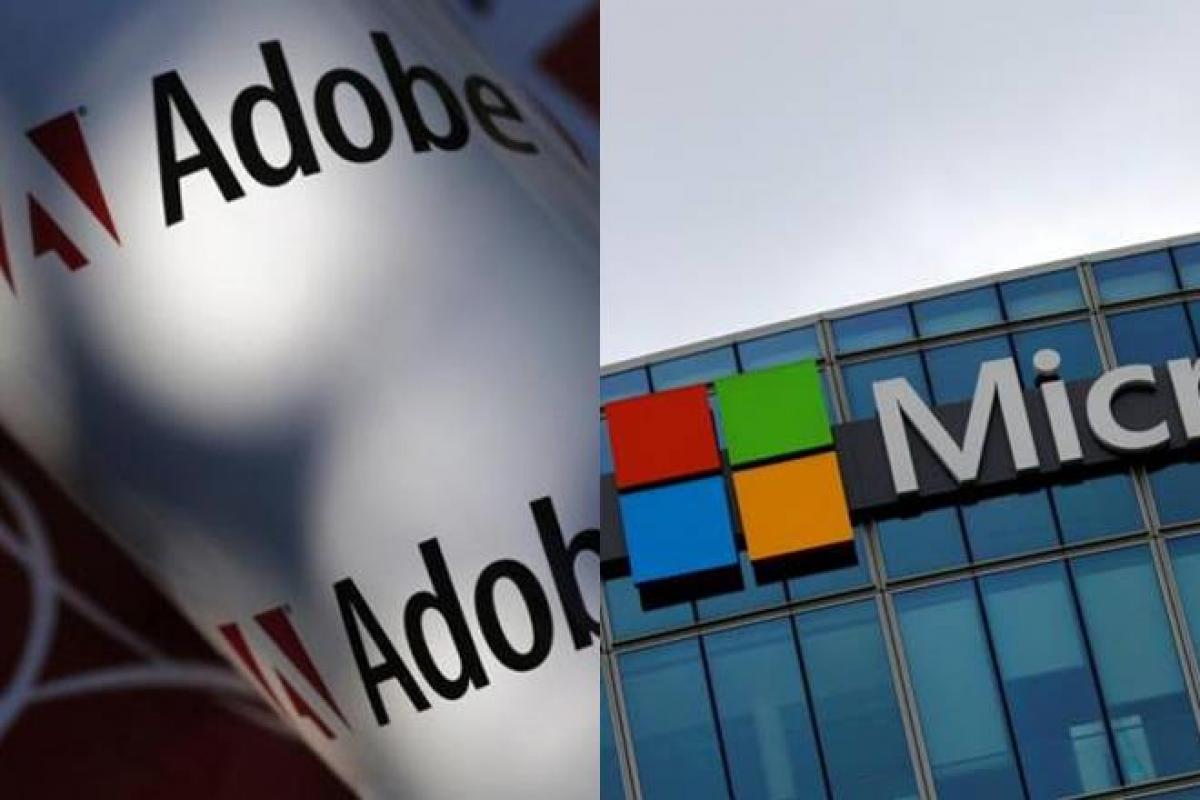Live
- Gold prices likely to further come down with no near-term positive triggers
- Tough decision, but it's the right one: Southee on Test retirement
- After caste census, Dalits, tribals, poor will recognise their true strength: Rahul Gandhi
- Who was Birsa Munda, whose 'Ulgulan' declared the end of British rule in Jharkhand?
- Logistic firm Delhivery’s profit tanks over 80 pc in April-Sep period
- Five selected as Indian Rhodes Scholars for 2025
- Raj Thackeray releases MNS election Manifesto with a ‘key’ to implementing it
- COP29: 3 methodologies approved for issuing high-integrity carbon credits
- MP: Celebrations of Birsa Munda's birth anniversary begin in presence of Guv, CM in Shahdol
- NGT seeks details of waste to energy plants not complying with norms









